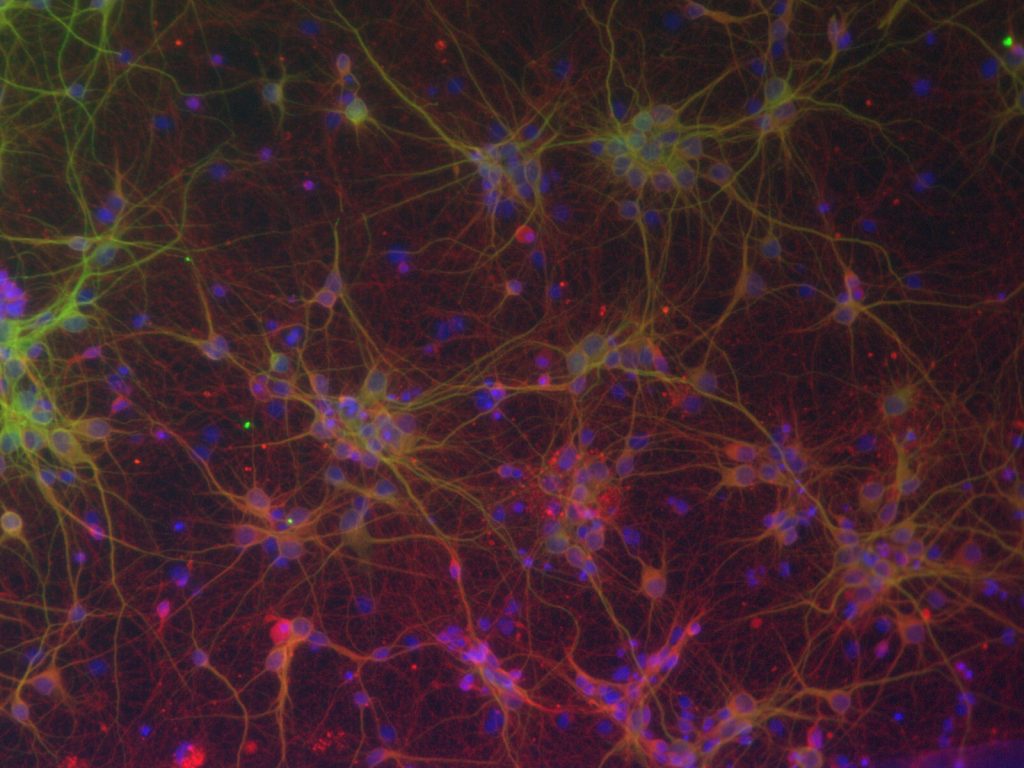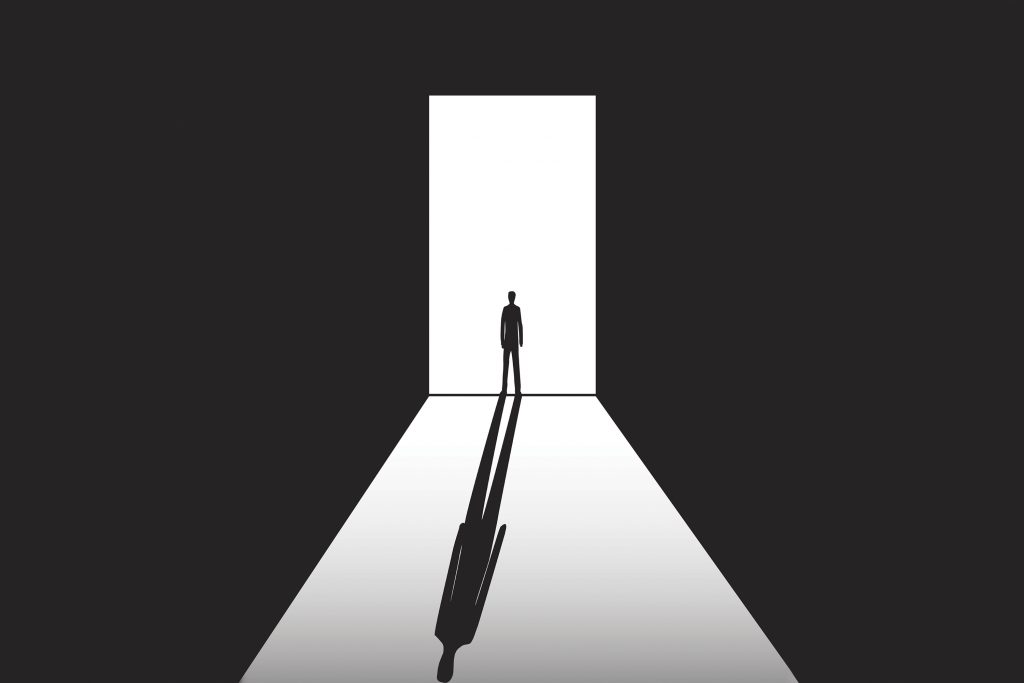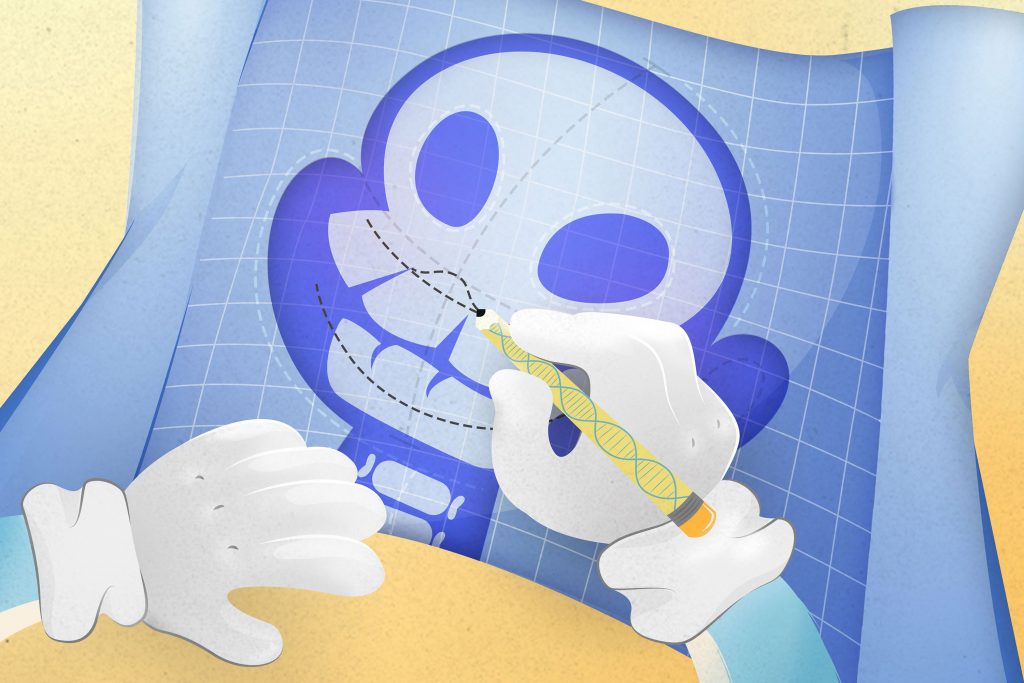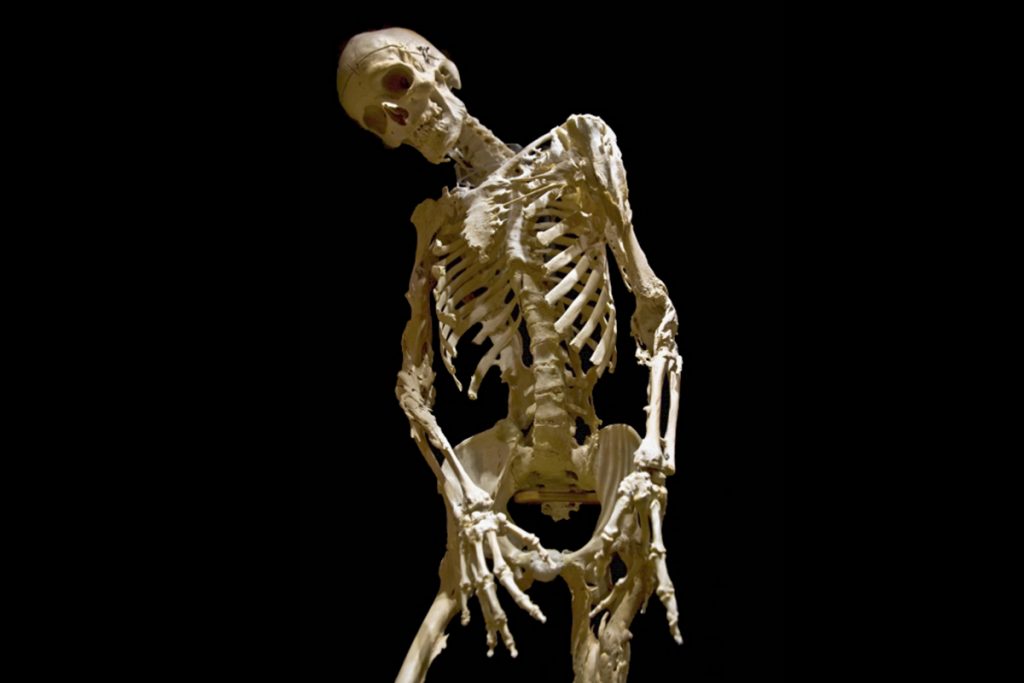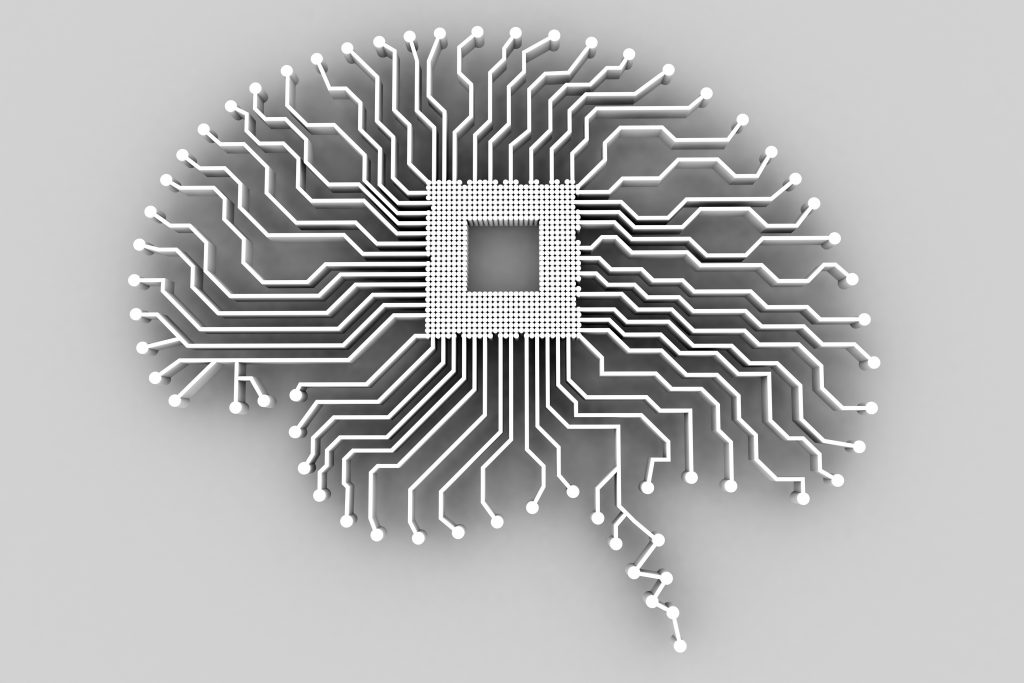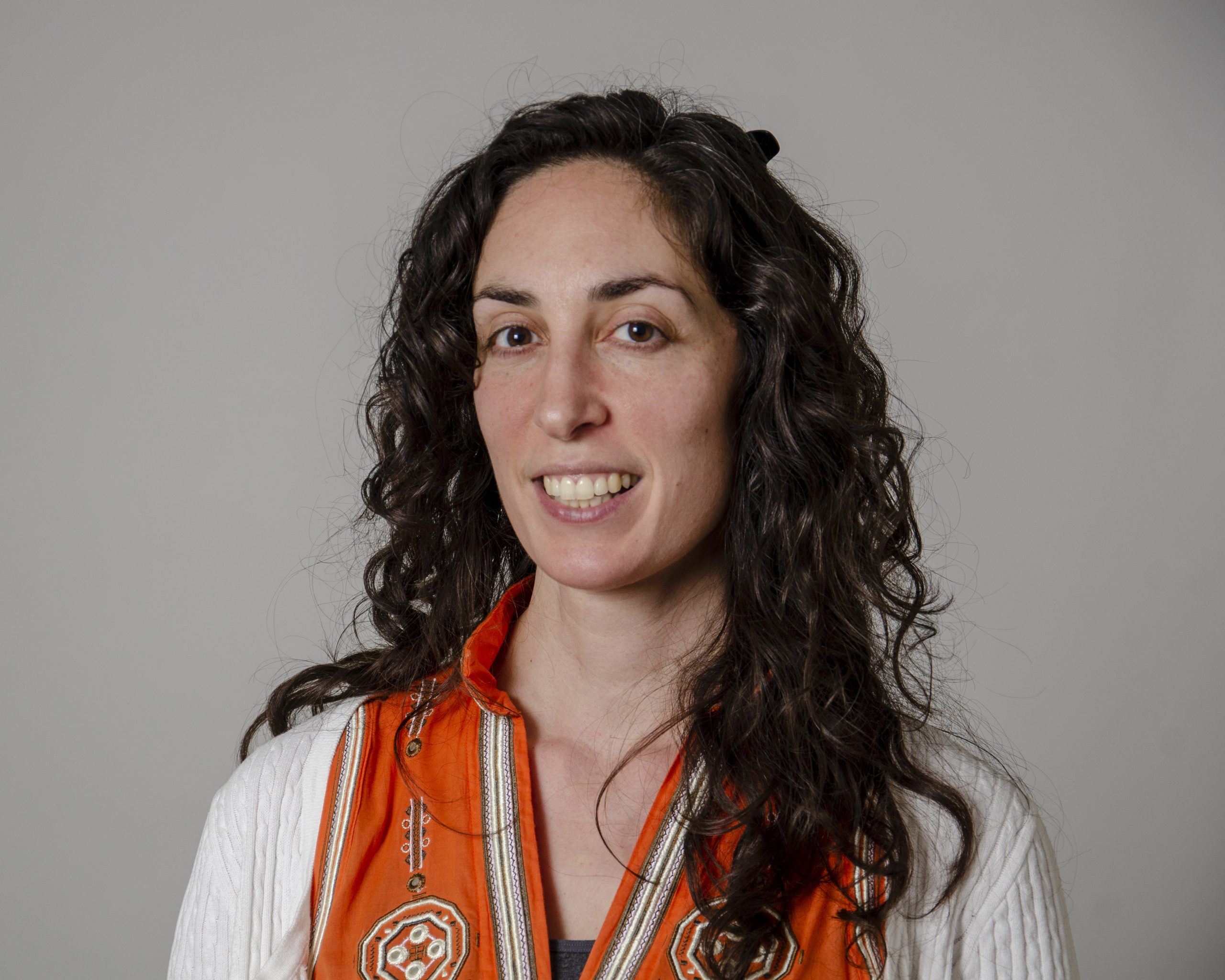
Writer
Kim Krieger
Kim Krieger has covered politics from Capitol Hill and energy commodities from the floor of the New York Mercantile Exchange. Her stories have exposed fraud in the California power markets and mathematical malfeasance in physics. And she knows what really goes on in the National Radio Quiet Zone. These days, Kim tells clear, compelling stories of the research at UConn. Her work connects Connecticut citizens and the press with the vast resources of their flagship public university. When not at UConn, she can be found kayaking among the beautiful Norwalk islands, digging in her garden, or occasionally enjoying the silence in the National Radio Quiet Zone.
Author Archive
For Anxiety, Single Intervention Is Not Enough
'We need a different model for mental health, one that includes regular checkups,' says UConn Health psychologist Golda Ginsburg.
May 30, 2018 | Kim Krieger - UConn Communications
At UConn, Great Minds Discuss Brain Research
Some of UConn’s best minds took a long, hard look at the brain at the Institute for Brain and Cognitive Studies (IBACS) Meet & Speak event on May 8 and 9.
May 30, 2018 | Kim Krieger - UConn Communications
MDMA Opens Door for PTSD Patients to Work Through Trauma
UConn Health is one of a dozen sites in the nation to host a phase three clinical trial of MDMA-assisted psychotherapy.
May 15, 2018 | Kim Krieger - UConn Communications
Blueprint for the Skull
A new UConn Health study has found that cleft palate is caused by a disruption of the regulatory pieces of DNA.
May 1, 2018 | Kim Krieger - UConn Communications
Stepping Up: UConn’s Class of 2018
In the four years since the candlelight Convocation of fall 2014, the Class of 2018 have experienced monumental changes in the world, at the University, and in their own lives.
April 27, 2018 | Kim Krieger - UConn Communications
Overcoming Bias About Music Takes Work
A new study has found that simply being told a performer is a professional or a student changes the way the brain responds to music, and it takes a deliberate effort to overcome this bias.
April 18, 2018 | Kim Krieger - UConn Communications
New Nursing Dean to Focus on Teaching, Research, and Community Collaboration
The school has a strong clinical faculty dedicated to teaching the next generation of nurses, and the admission statistics to prove it: this year the School of Nursing received more than 1,900 application for 100 slots.
April 10, 2018 | Kim Krieger - UConn Communications
Bones in All the Wrong Places
UConn researchers have shown how a mutation causes certain cells in muscle tissue to develop into cartilage and bone at injury sites.
March 27, 2018 | Kim Krieger - UConn Communications
Brain Awareness: Toward Growing an Artificial Mind
UConn Health/JAX researcher Min Tang-Schomer is experimenting with nerve cells and electrical signals in a dish to recreate the way neurons 'talk' to each other in the brain.
March 15, 2018 | Kim Krieger - UConn Communications
Brain Awareness: Can Caffeine Save the Tiniest Babies’ Brains?
Two UConn researchers are exploring ways to mitigate the effects of extended development outside the mother's womb on the brains of pre-term babies.
March 14, 2018 | Kim Krieger - UConn Communications

